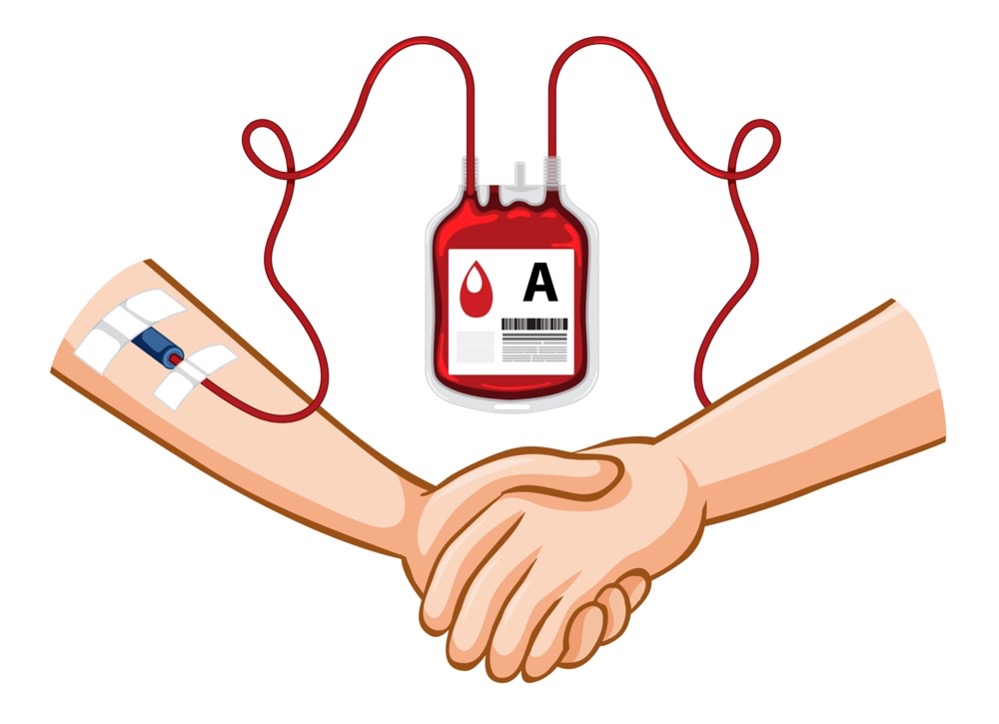Pindo Mulla v. Spain, No. 15541/20, Corte ECtHR (Grand Chamber), 17 September 2024

The European Court of Human Rights has once again ruled on the issue of self-determination and the refusal of medical treatment. Unlike other cases addressed by the Court – concerning the refusal of treatment aimed at ending one's life (see, inter alia, Lambert and Others v. France, No. 46043/14) – the judgment of 17 September 2024 dealt specifically with the refusal of a particular form of treatment, namely blood transfusion, rather than a blanket rejection of proposed medical interventions.
The applicant, Rosa Edelmira Pindo Mulla, a resident of Spain and a Jehovah’s Witness, was affected by a uterine fibroid (myoma) requiring surgical removal. The procedure was accepted by the patient, who informed the medical facilities of her religiously motivated refusal to receive blood transfusions. Following significant blood loss, she was, with her consent, transferred to La Paz Hospital, located in a different Autonomous Community, known for its ability to manage various clinical conditions without resorting to blood transfusions. Faced with an emergency situation requiring immediate surgical intervention, the medical staff did not follow the usual procedure to verify the patient’s informed consent, nor did they consult the National Register of Advance Healthcare Directives. Instead, they sought judicial authorization and proceeded with the operation, which was successfully carried out and involved the administration of several blood transfusions. The patient was informed of the transfusions only the day after the surgery. In a written statement submitted to the ECtHR, the applicant described the transfusions she had received as «a rape, something disgusting... very, very bad».
Having exhausted all domestic remedies, Pindo Mulla lodged an application with the European Court of Human Rights, alleging a violation of Articles 8 and 9 of the Convention, which protect private and family life and religious freedom, respectively.
The Strasbourg judges first acknowledged the comprehensiveness and clarity of the Spanish legal framework concerning healthcare procedures and the protection of personal autonomy. This legal framework had enabled the applicant to clearly express her refusal of blood transfusions on the basis of binding religious obligations. The Court then noted the failure of the medical staff at La Paz Hospital to access the documentation transmitted by the previous hospital or to inform the patient, who was fully conscious and responsive, about the planned treatments. This informational negligence also affected the judge’s decision, which was based on an incomplete factual record.
While not disputing the urgency and severity of the applicant’s clinical condition upon her arrival, the ECtHR emphasized that the failure to consult the patient – either directly or through the relevant, updated medical registries – constituted a violation of Article 8 of the Convention, considered in light of Article 9 ECHR. The interference by the Spanish authorities in the delicate balance between the right to health and the right to self-determination, particularly where grounded in religious belief, amounted to an unjustified encroachment on the applicant’s most intimate personal sphere. Despite having properly followed the procedures to communicate her treatment preferences, her choices were ultimately disregarded.
The case adjudicated in the judgment of 17 September 2024 provided the ECtHR with the opportunity to reaffirm the principle of individual self-determination, even in the face of serious health risks, especially when such self-determination is rooted in personal convictions. This decision in favor of the applicant does not represent a groundbreaking development in the Italian legal system: the Court of Cassation had already ruled in a similar direction with judgment No. 29469/2020. Thus, both national and supranational high courts appear aligned in upholding the paramountcy of individual decision-making autonomy, which must always be respected and facilitated, without undue interference.
(Comment by Martina Palazzo)

